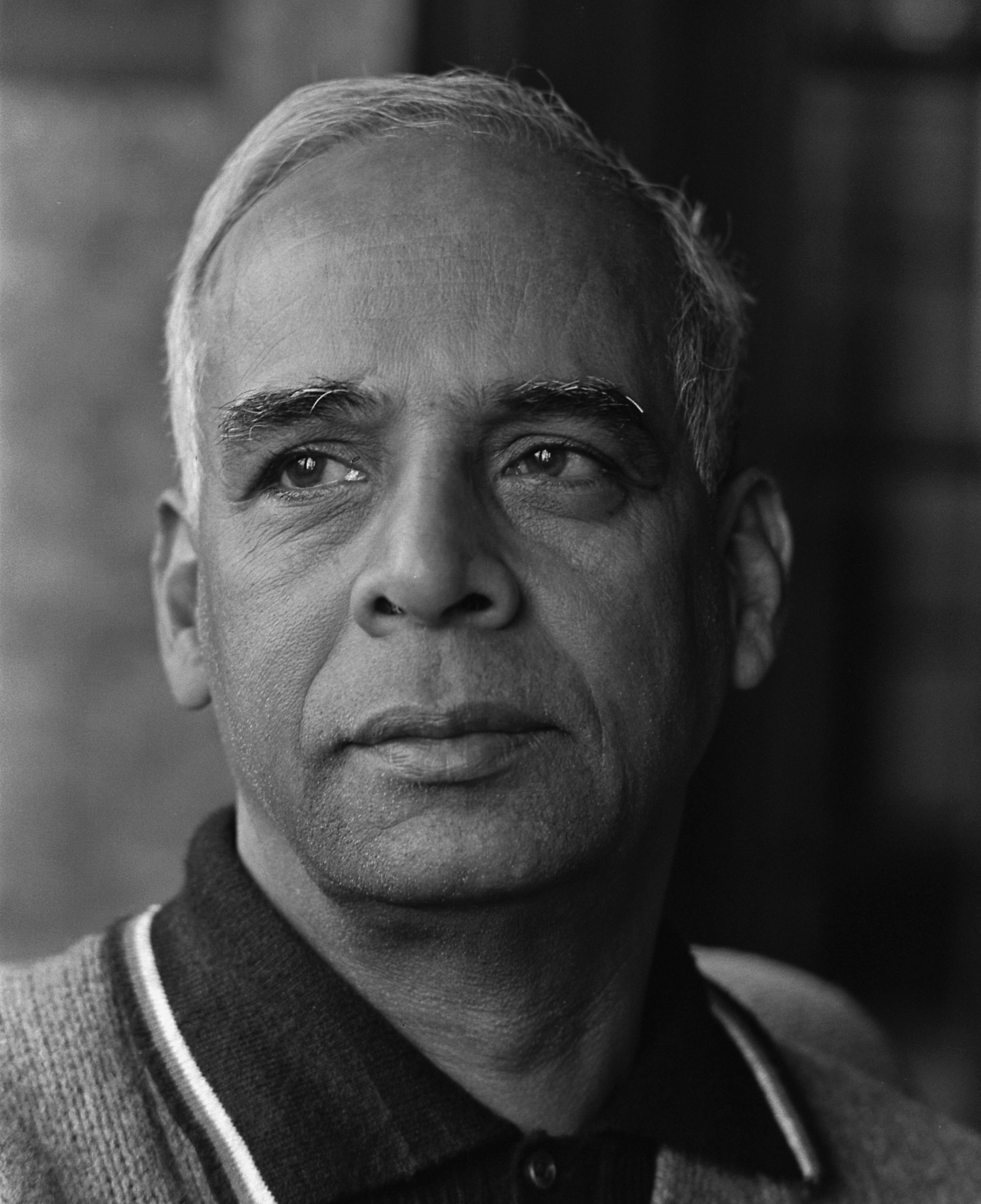Eknath Easwaran: Pursuing Peace
/In response to the turbulent and challenging times the world is facing, this week the BMCM sent out a special message to its audience. Often Easwaran would respond to global problems by sharing words of deep spiritual wisdom. In this article, curated by our editors, Easwaran offers hope, inspiration, and direction.
Mahatma Gandhi has said that to be well adjusted in a wrong situation is very bad; in a wrong situation we should keep on acting to set it right. But in order to reconcile individuals, communities, or countries, we have to have peace in our minds. If we pursue peace with anger and animosity, nothing can be stirred up but conflict.
Meditation and the allied disciplines enable you to take your convictions deeper and deeper into consciousness, so that they become a constant source of strength and security – even when you are severely challenged or threatened. When you practice meditation, you are working hard for the welfare of the world, for the regeneration of society, for the establishment of peace on earth and good will among all, which, as we know to our cost, cannot be done by governments or by corporations but only by millions of little people in little groups, working in all countries, through their personal example.
When I read newspaper accounts of individuals, factions, and governments unleashing provocative words and actions against each other at the same time they are trying to settle their differences, I am reminded of the wise statement attributed to Mahatma Gandhi that an eye for an eye only makes the whole world blind.
These tragic confrontations are caused by utter forgetfulness of the deep unity that underlies all petty differences of religion, ethnicity, language, or national identity – a forgetfulness that leads to never ending violence, war, and destruction. Speaking as a spiritual teacher, let me humbly submit that a true and lasting peace can only come about through the awakening of a deep sense of shared humanity.
How meditation helps
In the mystical tradition it is said that the human appeal and the divine response go together. If we deepen our desire for God’s help by memorizing and using in meditation sublime testimonies of the highest qualities a human being can attain, we can bring into our daily lives the deep faith and unshakable security of the great mystics of all religions. By training our attention on magnificent testimonies such as the Prayer of St. Francis of Assisi (“Where there is hatred, let me sow love”), or the Twin Verses of the Compassionate Buddha (“Hatred can never put an end to hatred, love alone can”), or the twelfth chapter of Gandhi’s beloved Bhagavad Gita (“That one I love who is incapable of ill will and returns love for hatred”), we can become what we meditate on. Through this method of meditation we will begin to understand that a human being can become an immense spiritual force barely contained in a physical form.
It all depends on us
If each of us, through the example of our own lives, can inspire two more people every year to meditate and to live at peace with those around them, it will have an incalculably great effect in creating a climate of peace.
That is my ambition, and that is why I say I am a terribly ambitious man. You and I make peace. You and I make war. It all depends on us.

